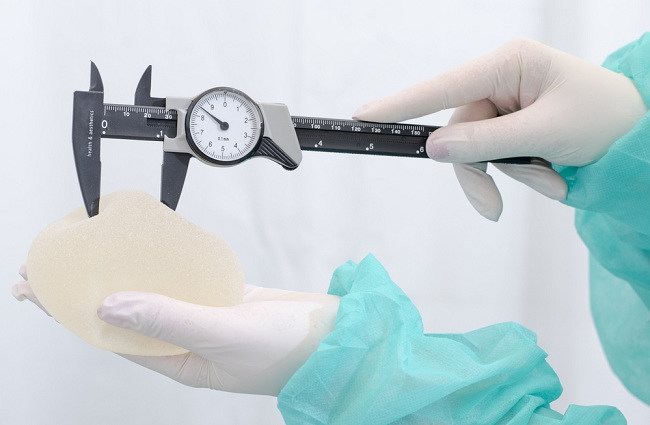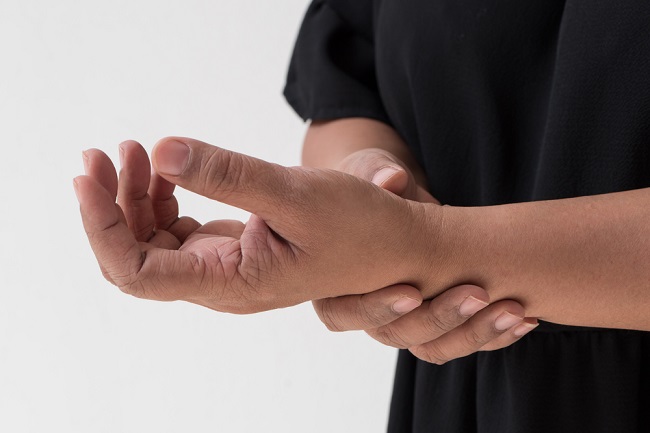Lack of awareness in maintaining dental hygiene makes a person susceptible to tooth decay. This condition certainly should not be underestimated, because if not treated, rotten teeth are at risk of causing various more serious complications.
Tooth decay does not only occur in adults, this disease can also occur in children. So that you know about the causes, triggering factors, and how to treat rotten teeth, see the following explanation.

These are the things that can cause rotten teeth
Plaque that sticks to the teeth contains bacteria. When mixed with sugar from the food we eat, bacteria produce acid. This acid will eat away at the teeth, causing the deer's teeth to rot and eventually rot.
Some of the factors that can trigger tooth decay are:
1. Rarely brushing teeth
Less regularly or rarely brushing your teeth is the main trigger for tooth decay. The longer plaque stays on the teeth, the more the acid produced by bacteria will damage and erode the teeth. Therefore, in order to keep your teeth clean and free from dental plaque, make it a habit to brush your teeth with toothpaste at least twice a day for approximately 2 minutes.
2. Too much intake of sweet and sour
Eating too many foods and drinks that contain sugar or carbohydrates can trigger tooth decay. Likewise, consuming too many acidic drinks, such as soft drinks and juices. This is because foods and drinks that are too sweet and sour can erode tooth enamel.
3. Lack of saliva
One of the functions of saliva is to clean teeth from plaque and bacteria. Therefore, if your salivary glands can't produce enough saliva, then the risk of tooth decay will increase.
4. Weaknesses fluoride
Fluoride is a natural mineral that serves to strengthen tooth enamel. So if you brush your teeth without using a toothpaste that contains fluoride, then it will be useless because the risk of experiencing tooth decay is still there.
5. Drink bottled milk while lying down
In children and infants who already have teeth, the habit of drinking bottle milk while lying down can increase the risk of rotting teeth. This is because the milk that pools around the baby's teeth without being cleaned for a long time will be converted by bacteria into acids that will damage his teeth.
How to treat rotten teeth
Treatment of tooth decay varies, according to its severity. If tooth decay is still at an early stage, the doctor will treat it fluoridetreatment to strengthen teeth.
However, if the decayed tooth has reached an advanced or moderate stage, then the treatment is not enough fluoride treatment just. The doctor will remove the decayed part of the tooth, then put a crown on the tooth.
Meanwhile, if the tooth decay is severe and cannot be repaired, then the treatment is carried out by tooth extraction. This is to remove the infected nerve and pulp. If the patient is an adult, the doctor will replace the missing teeth with dentures.
Handling rotten teeth can cost a lot of money, especially if the condition is severe. Therefore, take preventive steps, including regularly brushing your teeth with a paste containing fluoride.
One more thing that is important and you should not forget is to check your dental health to the dentist every 6 months. This is highly recommended as an anticipatory step so that you do not experience various dental diseases, especially rotten teeth.









